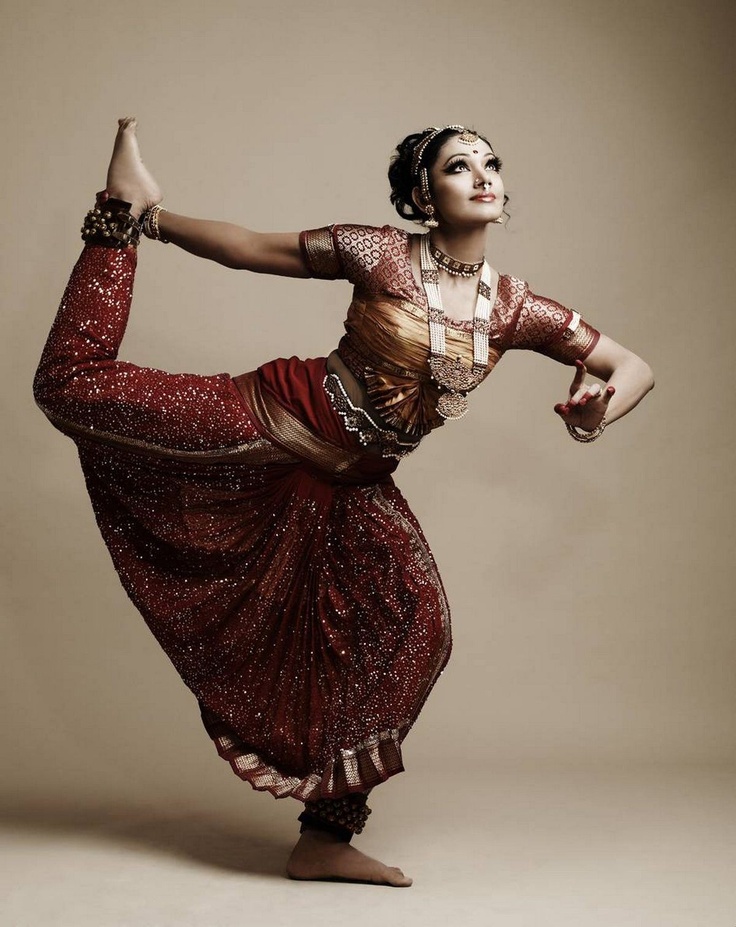Superwoman is a Myth
In the past few years, the idea of ‘Superwoman’ has gained traction in mainstream media. According to this definition, a superwoman is a woman who handles a successful career, prepares fun-packed lunches for her school-going children, maintains a well-decorated home, and does all of this while dressing up with no hair out of place. While Superwoman is supposed to be a term depicting strength and resilience in women, the narrative being spun here is intended to induce feelings of guilt and competition. The glorification of women ultimately leads to unhealthy standards against which they have no chance of winning.

Let’s explore this myth: Superwoman is a fictional character whose objective was to depict female strength and power, inspiring and motivating audiences. However, when this fiction translates into reality, it becomes highly skewed. It sets unrealistic expectations that are difficult to achieve. The issue lies not in the existence of Superwomen, but rather in society’s tendency to set women up for failure by promoting idealized and unattainable standards.
Media plays a huge role in shaping societal norms, influencing trends, and shaping public perceptions. However, media often portrays women according to narrow beauty standards and in a highly idealized manner, perpetuating the belief that successful women must possess some form of extraordinary superhuman strength. These depictions instill a sense of guilt in women who are expected to live up to these standards.
Moreover, society portrays women as constantly engaged in a competitive race, exacerbating the issue. Instead of encouraging diversity and recognizing individual talents and beauty, society forces all women to conform to a distorted game where they are constantly doubting themselves or comparing themselves to others. This not only perpetuates unhealthy competition but also detracts from the true essence of empowerment and equality.
So, how can true empowerment be achieved? True empowerment can be achieved by accepting and joyfully embracing one’s strengths, weaknesses, and individuality. The expectations placed on women should not be based on fictional norms. Instead, an inclusive environment should be promoted, allowing women to contribute to their fullest potential.

Ultimately, the impact of any cultural phenomenon, including superheroes, is complex and can differ from person to person. It is essential to encourage dialogue and understanding to address the broader societal issues related to gender roles and expectations.
True equality will dawn the day society recognizes and celebrates achievements of all women rather than subjecting them to rigid norms and comparisons.
Author Roopa Rajesh is a bibliophile, a ‘çhai’ophile and a chocoholic who is
passionate about teaching, books, music, family and friends, and definitely not in that
order.









